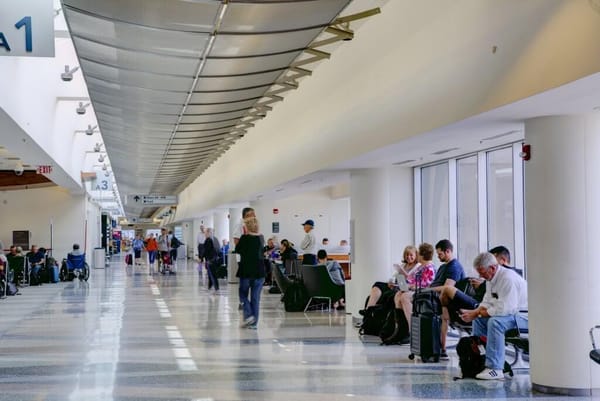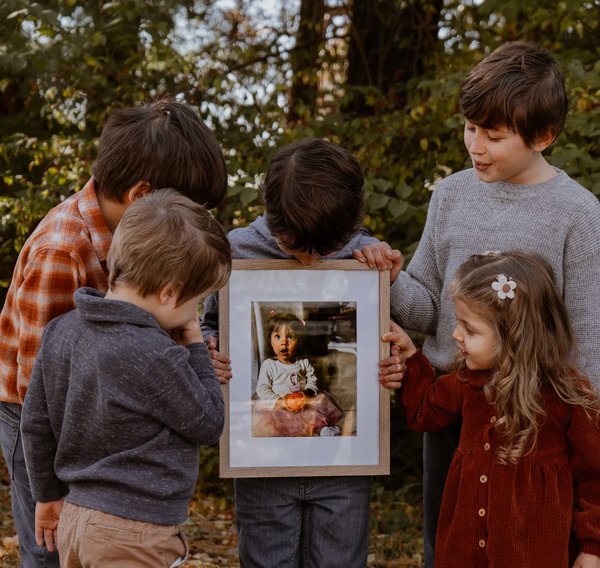Girl Scouts of Kentuckiana facing budget crisis, as volunteers rally to save camps
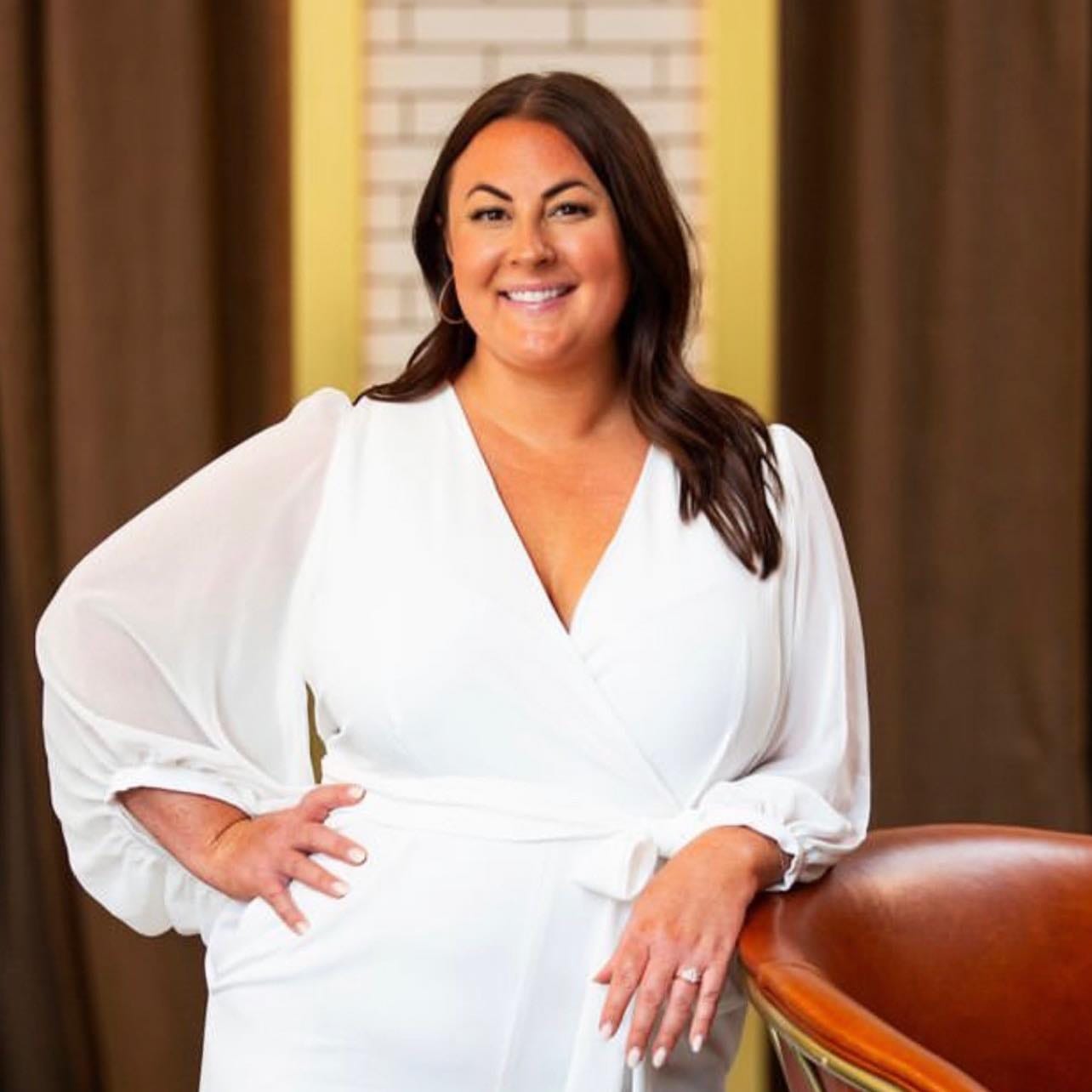



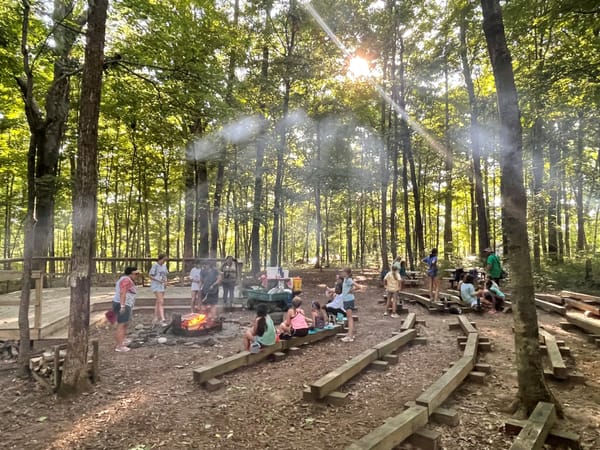
Passionate volunteers are pushing back against potential camp closures as the organization navigates financial challenges.
"I'm Shay McAlister, and this is Shay Informed: an independent, ad-free platform dedicated to honest journalism with compassion and clarity.
Are you new here? Sign up for the free newsletter or subscribe to support our mission.
The Girl Scouts of Kentuckiana is at a crossroads. Facing a significant budget deficit driven largely by disappointing cookie sales, the organization that serves 9,000 girls across 54 Kentucky counties and 10 Indiana counties is grappling with tough decisions about its future- including the possibility of "resting" some of its seven camp properties.
For CEO Maggie Elder, who grew up in Girl Scouts and now leads a troop herself, these aren't just business decisions. They're deeply personal.
"This job is such a privilege," Elder said. "I am so deeply passionate about the work that we do every day. I grew up in it. I have daughters that are Girl Scouts... is this hard? Absolutely, it's hard, it's heart-wrenching."
The financial troubles stem primarily from the 2025 cookie season, which fell dramatically short of projections. Cookies represent a staggering 70% of the organization's revenue, and when those sales don't materialize, the impact reverberates throughout the entire operation.
Elder pointed to multiple factors: a price increase in 2024, a brutal winter with the region's biggest snowstorm in recent memory, a severe flu season that kept girls home during critical selling periods, and broader economic pressures affecting families' discretionary spending.
"We went live on January 1, and then we had this horrific, or actually, depending on who you ask, amazing snowstorm," Elder explained. "When you start a program and then everybody has to stay home for an entire week, school doesn't start, and all the things that they were planning to do to make their cookie experience go- that all got disrupted."
The organization has already taken painful steps to address the shortfall, including a 10% reduction in staff and plans to use board reserves to help navigate the transition. But more changes are still needed, Elder explained, to sustain the program moving forward.
For volunteers like Connie Bell, the very suggestion of closing camps feels like an existential threat to everything Girl Scouts represents.
Bell has been a leader for 18 years, watching her older daughter complete the program from kindergarten through 12th grade, with her younger daughter now a high school sophomore. She's also a camp director who leads a volunteer-run camp twice a year, serving 100-120 kids each session. She's also the site team chair for Camp Whippoorwill- one of the camps she says was initially discussed for closure.
When Elder and board chair Terri Massey sat her down for dinner to discuss the financial situation, Bell said closing camps was presented as a done deal.
"I told everybody about the private conversation," Bell said, her voice reflecting the urgency she felt. "I really just thought it felt to me like a done deal... and so I just thought, well, if it's a done deal, then I'm going down with a fight."
What followed was a grassroots campaign that saw volunteers mobilizing across the region, turning out in unprecedented numbers to fall forums- 60 people in southern Indiana alone, far exceeding the typical three or four attendees, Bell said.
"I threw a fit," Bell said simply. "I gave them a bunch of ideas on how to improve the situation, and then it's like they didn't do anything... no action was taken."
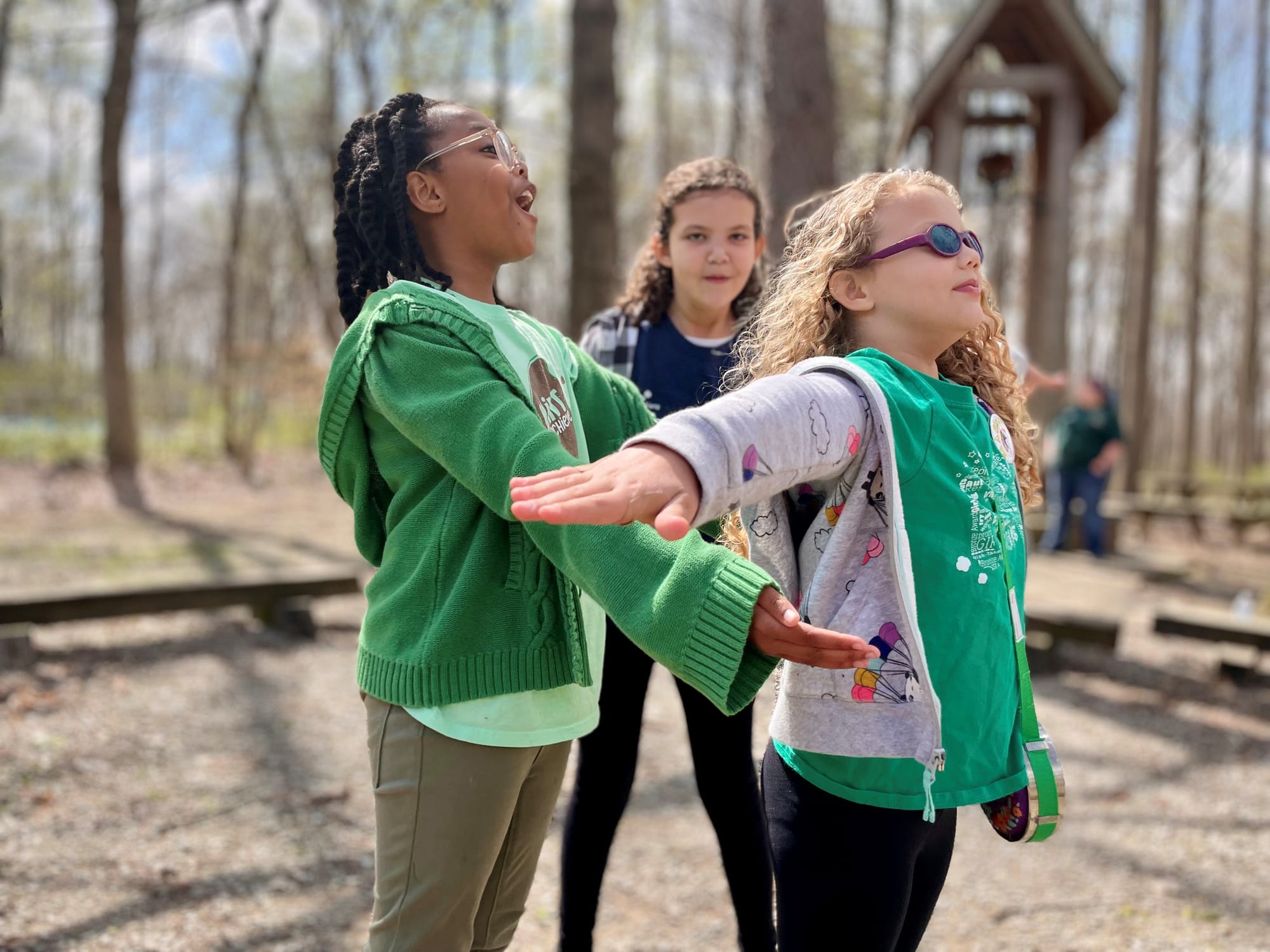
For Bell, camps aren't just properties on a balance sheet. They're transformative spaces where girls build confidence in real time.
"You can physically see the girls build confidence right in front of your eyes," she said, describing girls kayaking for the first time on Wishing Star Lake at Camp Penny Royal, or conquering high ropes courses in the trees. "You see girls say, 'this is my first time ever in a kayak,' and it's just fun. You get to put on the vest, and you show them how to paddle, and you push them out."
She paused, then continued with emotion: "These are memories that aren't made if camps close. Then what's next? There are some councils that have no properties left, and it's like, what then?"
She sees camp closures as the beginning of an organizational death spiral: "When you close camps, you upset girls. The girls leave. Those girls don't sell cookies, and then you have less money, and then you have to close more camps, which affects more girls. It's the beginning of the end."
Just recently, another nearby council announced the closure and sale of Camp Ada in Indiana. The camp had been serving girls since 1971 on 78 acres in Henry County, about 45 minutes outside of Indianapolis. Leadership with Girl Scouts of Central Indiana said the decision was difficult, but important to increase occupancy at the remaining Girl Scout camps and streamline efficiency.
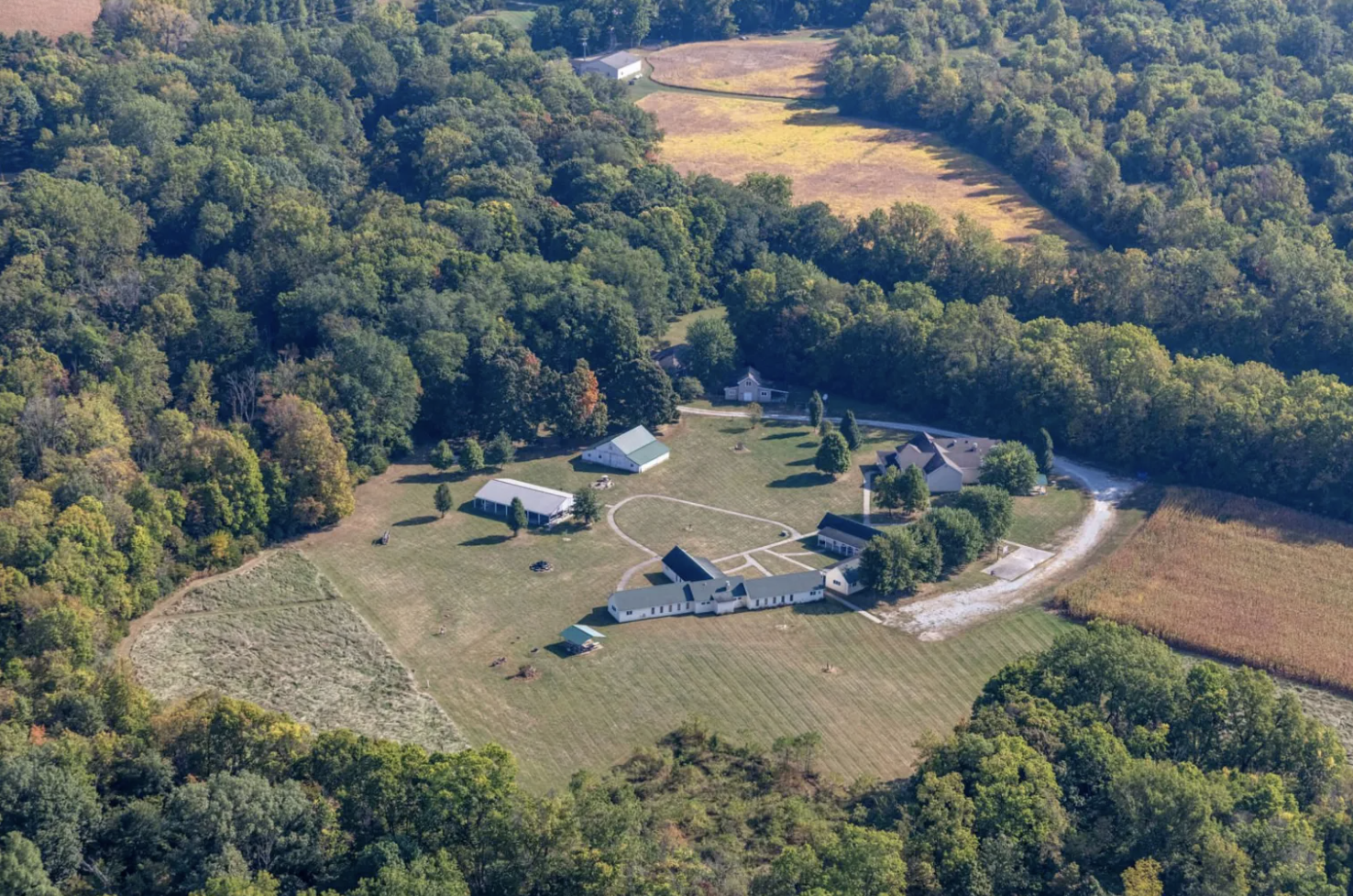
According to Bell, the organization's stance has evolved significantly since that initial dinner conversation earlier this year and she believes that is largely because of volunteer pushback.
Elder confirmed that the conversation has shifted. While the board initially asked the properties committee to look at resting at least two camps with specific cost savings in mind, that directive has been reconsidered.
"Since that time, the properties committee has said, 'Well, really, is that exactly right?' And the board is trying to kind of listen to the properties committee and have a dialog," Elder explained. "Nobody wants to close a camp. That's true."
The organization held seven in-person sessions in May and June, two virtual sessions in July, and seven more fall forums in September- crisscrossing their service area to engage volunteers and families in dialogue about solutions.
"No decisions have been made," Elder emphasized, though she acknowledged that hard questions still need to be asked. "We're really looking for all the solutions possible."
The organization is now exploring sustainability plans for the camps, including new fundraising streams and different ways to resource the properties. Of the seven camps, Girl Scouts of Kentuckiana owns only four- the three largest camps plus Camp Whippoorwill. The other three are leased at minimal or no cost.
Elder stressed that Girl Scouts of Kentuckiana isn't unique in facing these challenges.
"This is 2025 for most nonprofits," she said. "We're asking hard questions. It's real, but we're not unique, and this is just something that organizations have to go through. This is disruption, and our country is in disruption."
She's calling on families and community members to help in three specific ways: prioritize the cookie program when it launches in January (featuring a new cookie called the Exploremores), invite more girls to join Girl Scouts, and make financial donations beyond cookie purchases to help diversify revenue.
"We need revenue diversification," Elder said. "The cookie program was never meant to fully fund the organization."
For Bell, the message to leadership is simple: listen to volunteers and let them help.
"There's a lot of things that people love to help when times are tough," she said. "If you ask for help, you shall receive. People want to help."
She pointed to the resourcefulness of Girl Scout leaders who teach themselves new skills- from sewing to car maintenance- just to pass those skills on to their girls.
"Girl Scout leaders are some awesome, awesome people that do amazing things," Bell said. "We all feel like this is so important for girls, and especially like camp opportunities and overnights... It's an all-girl environment where they can laugh and giggle, and there's no stress of the outside world. Maybe this is a safe place for them."
Her voice grew quiet but determined: "If I have to stand in the cold an extra weekend and help my daughter sell cookies to help save camp, whatever it takes, we're going to do it. If I have to recruit and put 50 new girls in my troop, then I will, because this is important forever."
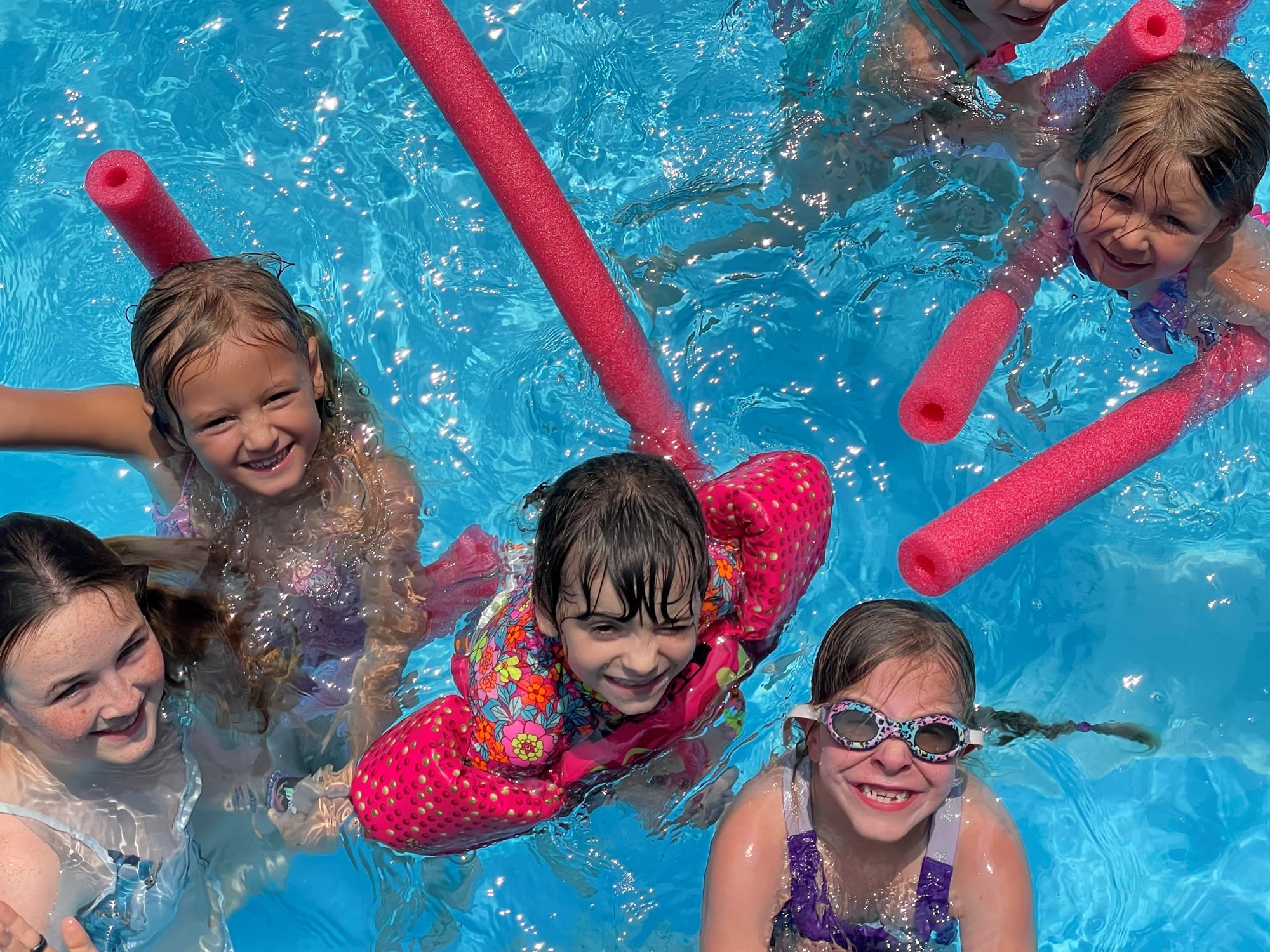
Despite the challenges, Elder remains hopeful that the organization can harness the passion of its volunteers to create a sustainable future.
"If you believe, and you also know that you have all these other amazing people who believe... we are this movement of people committed to the future of female leaders, and there's so many of us," she said. "If I can harness that energy for the opportunity, that's what I'm after."
Community members interested in supporting Girl Scouts of Kentuckiana can donate or learn how to volunteer on the organization's website. And don't forget to buy your cookies when the program launches in January of 2026!
Like what you see? Learn more about Shay Informed here! This is honest journalism with compassion and clarity.
